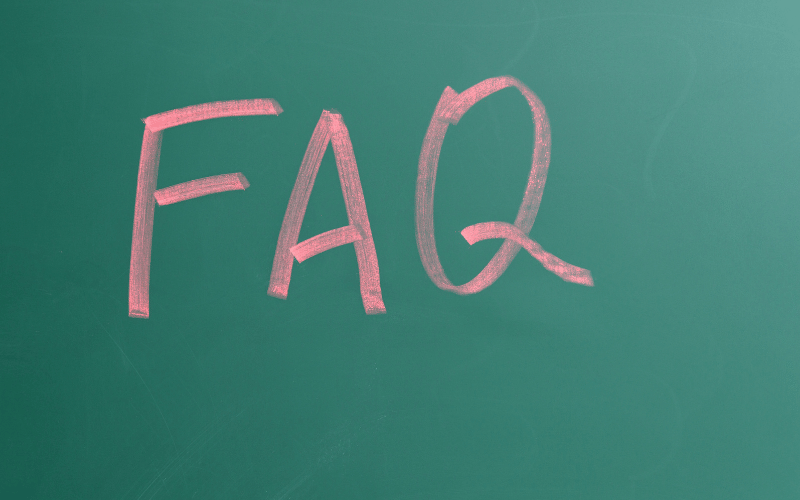Frequently Asked Questions: Understanding Hypoglycemia

What exactly is hypoglycemia and how is it diagnosed?
Hypoglycemia, often referred to as low blood sugar, occurs when the level of glucose in your blood drops below the normal range. It’s diagnosed through blood tests that measure blood sugar levels. Symptoms like dizziness, sweating, and confusion can also indicate hypoglycemia, but a confirmed diagnosis requires a blood test.
Can hypoglycemia happen to people who don’t have diabetes?
Yes, hypoglycemia can occur in people without diabetes. Various factors, such as certain medications, severe medical conditions, hormonal imbalances, prolonged fasting, or excessive alcohol consumption, can lead to hypoglycemia in individuals who do not have diabetes.
What are the immediate steps to take when experiencing hypoglycemia?
If you’re experiencing symptoms of hypoglycemia and can safely consume food or drink, immediately have a source of fast-acting carbohydrates like glucose tablets, fruit juice, or regular (non-diet) soda. Then, recheck your blood sugar levels after 15 minutes. If they’re still low, consume more carbohydrates and seek medical attention if symptoms persist.
How can hypoglycemia be prevented, especially in diabetics?
Prevention strategies include regularly monitoring blood sugar levels, adhering to prescribed diabetes medications, eating balanced meals at regular intervals, and adjusting food intake and medication around physical activities. It’s also important to understand and recognize the early signs of hypoglycemia for timely intervention.
Are there any long-term complications associated with recurrent hypoglycemia?
Yes, repeated episodes of hypoglycemia can lead to hypoglycemia unawareness, where the body stops showing symptoms despite low blood sugar levels. This increases the risk of severe hypoglycemia, which can lead to accidents, injuries, and in extreme cases, brain damage or death. Maintaining stable blood sugar levels is crucial to avoid these complications.
Conclusion: Navigating the Challenges of Hypoglycemia
Hypoglycemia, characterized by abnormally low blood sugar levels, poses significant challenges, both in terms of immediate management and long-term health implications. It’s crucial for individuals at risk, particularly those with diabetes, to understand the various triggers of hypoglycemia and adopt proactive measures for prevention and management. This includes meticulous monitoring of blood glucose levels, careful coordination of meals, medications, and physical activities, and awareness of how different factors like alcohol consumption, stress, and illness can affect blood sugar levels. Education plays a pivotal role in hypoglycemia management, as understanding the condition empowers individuals to make informed decisions about their health. Healthcare providers should emphasize the importance of regular monitoring and personalized strategies tailored to each individual’s lifestyle and health needs.
The long-term goal in managing hypoglycemia is to prevent its recurrence and avoid potential complications. This requires a sustained and coordinated effort that encompasses lifestyle modifications, dietary management, and, in some cases, medication adjustments. For those with conditions like diabetes, this is part of a broader strategy of managing their disease effectively. It’s also essential for healthcare systems and caregivers to provide ongoing support and education to those at risk. By adopting a comprehensive and individualized approach, it is possible to manage hypoglycemia effectively, thereby enhancing the quality of life and overall health of those affected by this condition.